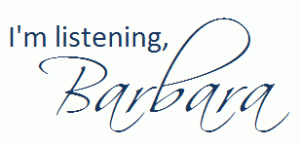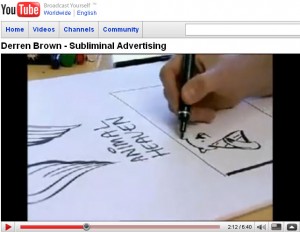 PRCA 2330 Students
PRCA 2330 Students
Earlier this semester, you had the opportunity to try out Twitter and then write about your One Week of Twitter on your blogs. Some of you continued to use Twitter even after the assignment was over. Several have used Twitter as a way to connect with me personally (via direct messages).
Now you have the opportunity to jump back into Twitter one more time. Pick a 48-hour period ending no later than April 22 to engage on Twitter again. You should send a minimum of 10 tweets over this timeframe. Use the hashtag #PRCA2330 in your tweets so that others in our class can find them easily. Be sure to send me an @ message to let me know when you’re starting your 48 hours.
Ideas for things to tweet about
- Share (shortened) hyperlinks to sites on the topic of public relations.
- Respond to public relations professionals.
- Ask questions that could be answered by public relations professionals.
- Promote a campus organization or event that you’re involved with.
- Rave or rant about a brand.
Write a blog post about your Twitter experience
This post is due before midnight on April 22 and is worth up to 50 points. Use the category of “Assignment” so that I can easily find this post. Include all of the following:
- A hyperlink to your Twitter username (for example: “You can find me on Twitter @barbaranixon.”)
- How was this 48-hour experience different from your first week on Twitter? (Be specific.)
- What surprises you about using Twitter?
- What do you still want to know about, related to using Twitter?
- Recommend at least three public relations professionals (not including any of the ones I originally recommended), with a brief explanation of why you’re recommending other public relations students to follow them. (Hyperlink to their Twitter usernames.)
NOTE: You also need to post a link to your Another 48 Hours post as a comment on this blog post.
Questions?






